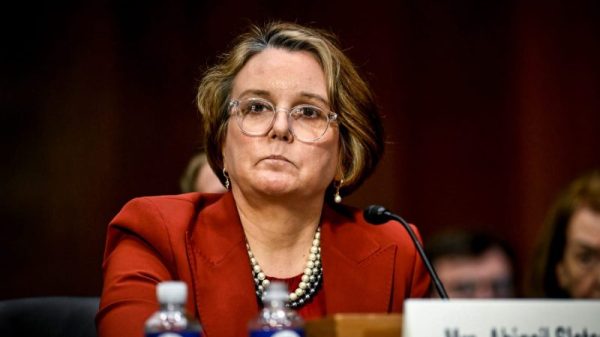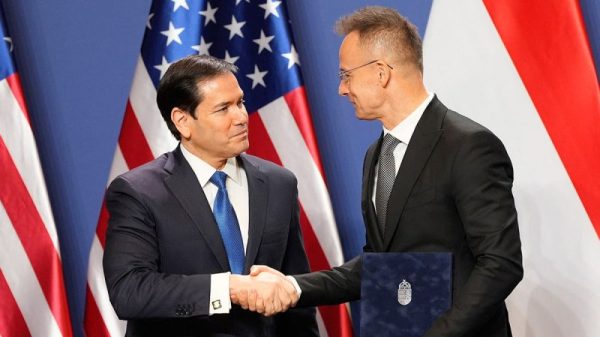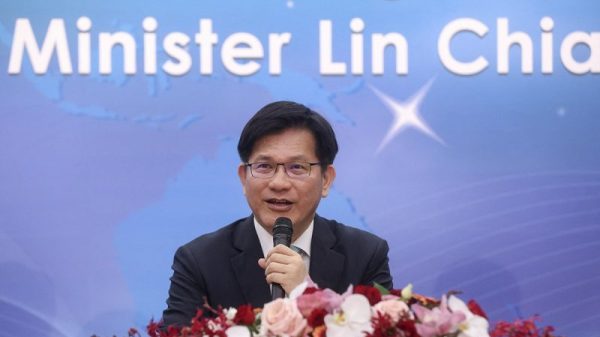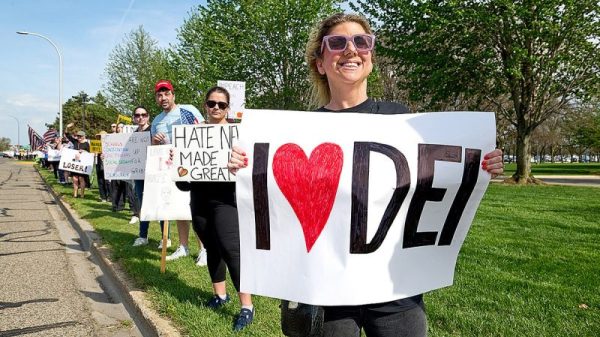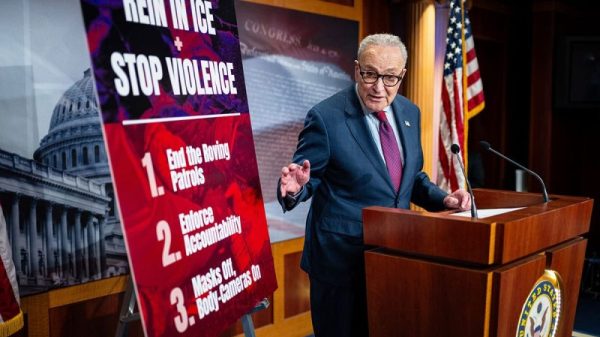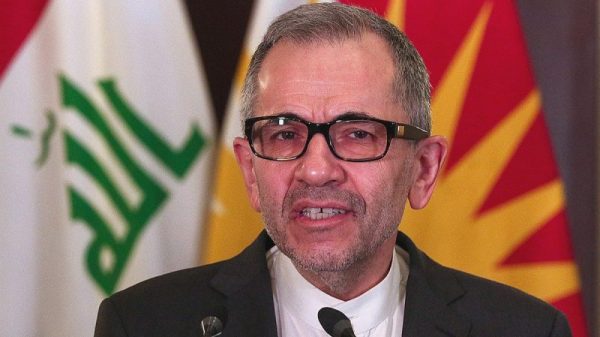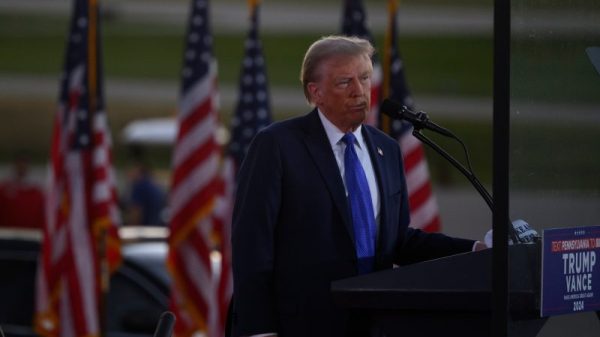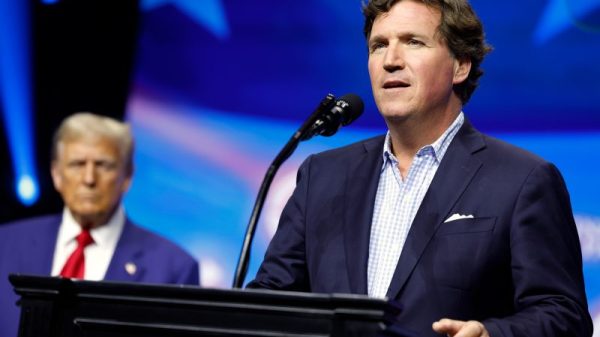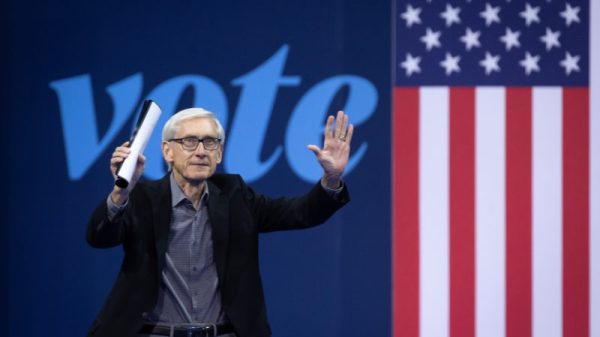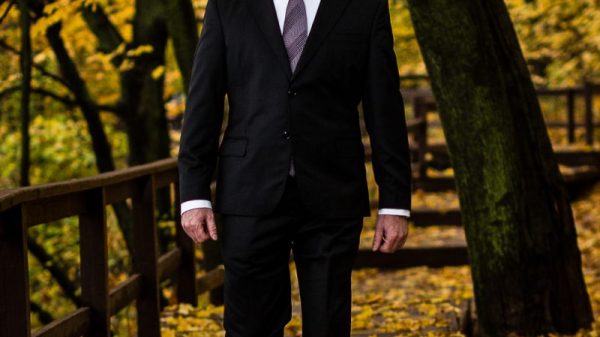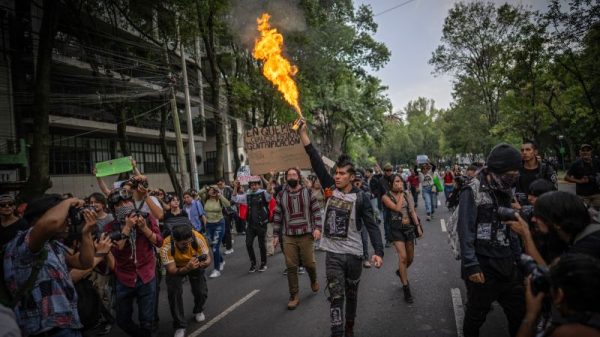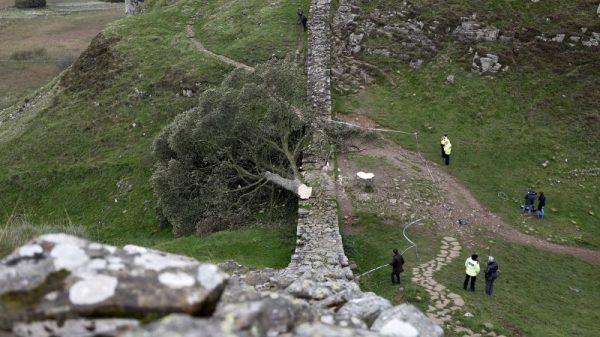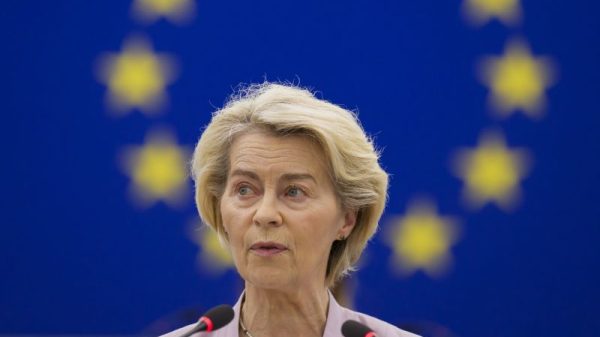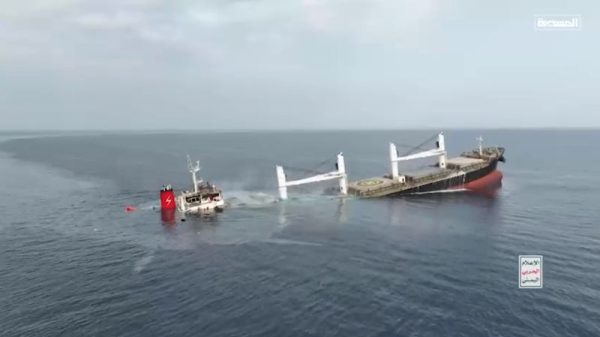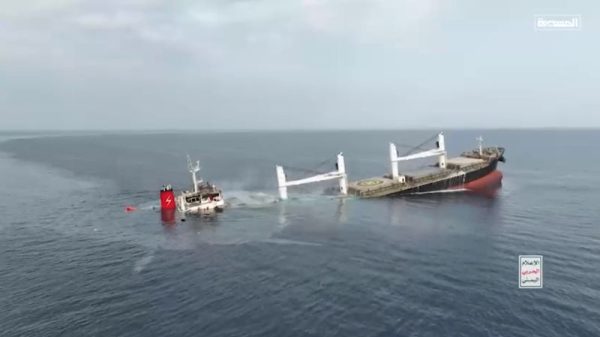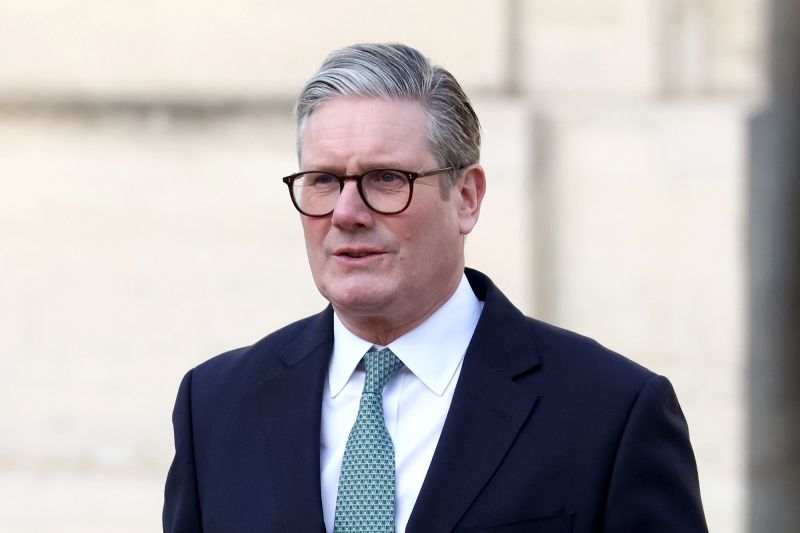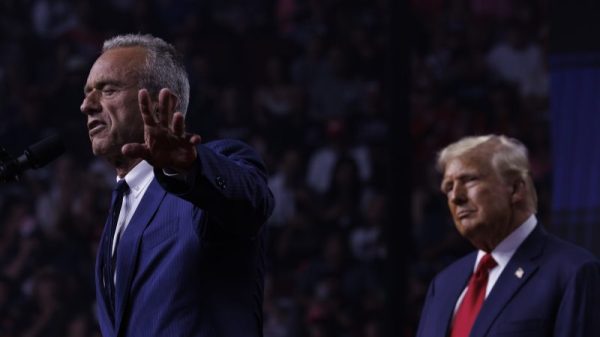Britain will accelerate an increase to its defense spending, Prime Minister Keir Starmer announced Tuesday, on the eve of a crucial visit to meet US President Donald Trump in Washington.
Starmer said he will raise military spending from 2.3% of Britain’s GDP to 2.5% by 2027, and then again to 2.6% the following year, as a rift opens up between Trump and Europe over the future of the war in Ukraine.
“We must reject any false choice between our allies. Between one side of the Atlantic or the other. That is against our history, country and party,” Starmer told members of parliament. He called Britain’s relationship with America his country’s “most important bilateral alliance,” and said: “This week when I meet President Trump, I will be clear: I want this relationship to go from strength to strength.”
Starmer also set an ambition to hike defense spending to 3% in the next parliament, which will begin in 2029 at the latest, after the next general election. That final target would depend on the fiscal conditions at the time, Starmer said. Trump has urged NATO countries to raise their defense spending to 5% and made clear that the US will not work to maintain Europe’s security in the future.
“This government will begin the biggest sustained increase in defense spending since the end of the Cold War,” Starmer told parliament as he laid out the plans.
The increase will be funded in part through a cut to international development spending, which will now fall from 0.5% of Britain’s GDP to 0.3% in the coming years, Starmer said. “That is not an announcement I am happy to make,” he said, adding the defense increase “can only be funded through hard choices.”
Charities who will be affected by the cuts to international development spending said that they were “shocked” and “stunned” by Starmer’s decision.
WaterAid, a charity focused on providing clean water and water systems to those in need, called the move a “cruel betrayal of people living in poverty globally.”
The CEO of Save The Children UK, Moazzam Malik, said in a statement that the cuts will “make the world a more dangerous place for children now and in the future.”
And the co-CEO of ActionAid UK, a charity working with women and girls living in poverty, called the cuts “reckless,” writing in a statement that “there is no justification for abandoning the world’s most marginalized time and time again to navigate geopolitical developments.”
“This is a political choice — one with devastating consequences,” Hannah Bond said.
Britain’s previous Conservative government set a goal to reach the 2.5% target on defense spending by 2030. After winning a general election last year, Starmer maintained the goal, but refused to set a timeline on when it would be achieved.
“Courage is what our own era now demands of us,” Starmer told MPs as he announced the new timeframe.






